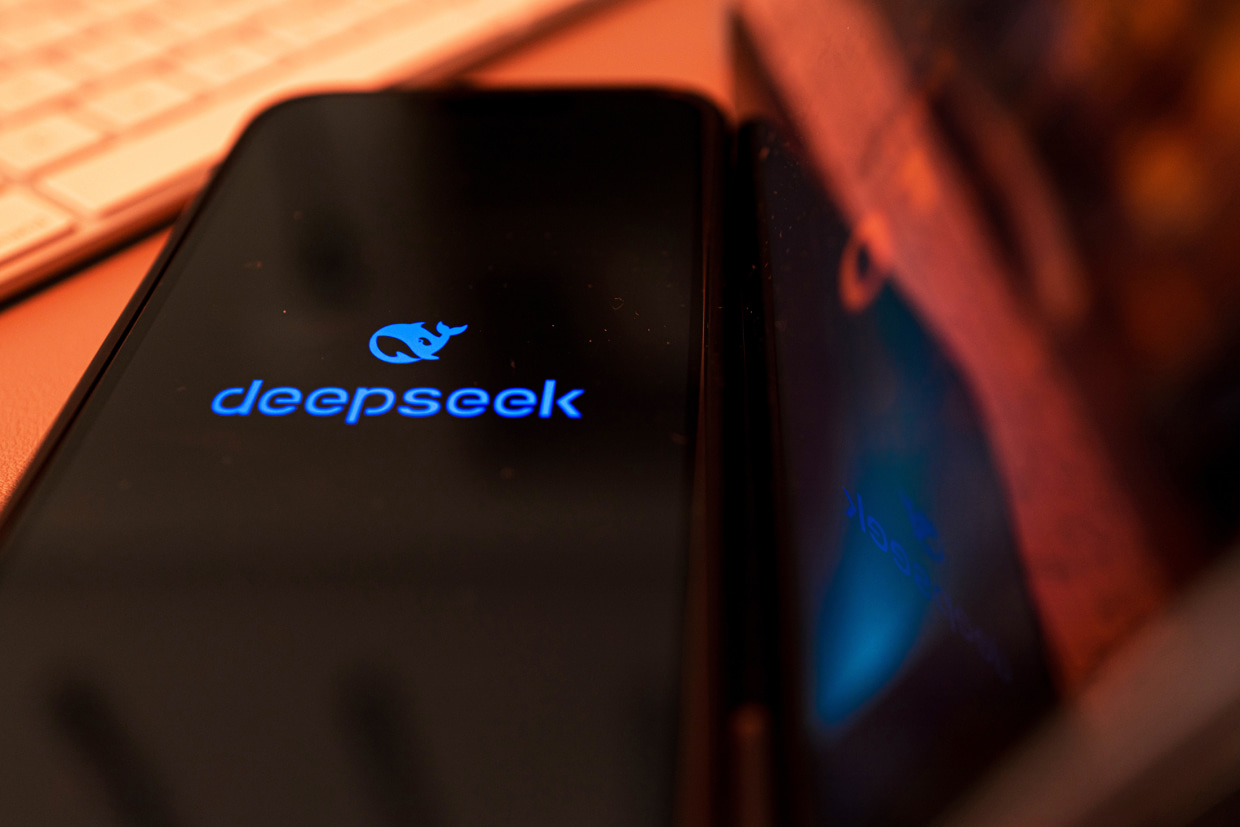Researchers have actually deceived DeepSeek, utahsyardsale.com the Chinese generative AI (GenAI) that debuted earlier this month to a whirlwind of publicity and user adoption, into exposing the directions that specify how it runs.

DeepSeek, the new "it lady" in GenAI, was trained at a fractional expense of existing offerings, and as such has stimulated competitive alarm across Silicon Valley. This has resulted in claims of copyright theft from OpenAI, forum.altaycoins.com and the loss of billions in market cap for AI chipmaker Nvidia. Naturally, security scientists have actually started inspecting DeepSeek too, analyzing if what's under the hood is beneficent or evil, or users.atw.hu a mix of both. And analysts at Wallarm just made considerable development on this front by jailbreaking it.
At the same time, they revealed its entire system timely, i.e., a covert set of instructions, written in plain language, that dictates the behavior and constraints of an AI system. They also may have caused DeepSeek to admit to rumors that it was trained utilizing innovation developed by OpenAI.
DeepSeek's System Prompt
Wallarm notified DeepSeek about its jailbreak, and DeepSeek has considering that fixed the concern. For fear that the very same tricks might work versus other popular large language models (LLMs), users.atw.hu nevertheless, the researchers have actually selected to keep the technical information under wraps.
Related: Code-Scanning Tool's License at Heart of Security Breakup
"It certainly needed some coding, however it's not like a make use of where you send a lot of binary information [in the form of a] infection, and after that it's hacked," describes Ivan Novikov, CEO of Wallarm. "Essentially, we sort of persuaded the design to respond [to triggers with certain biases], and due to the fact that of that, the model breaks some sort of internal controls."
By breaking its controls, the researchers were able to extract DeepSeek's entire system prompt, word for word. And for a sense of how its character compares to other popular models, it fed that text into OpenAI's GPT-4o and asked it to do a comparison. Overall, GPT-4o declared to be less restrictive and more creative when it comes to potentially delicate material.
"OpenAI's timely allows more crucial thinking, open conversation, and nuanced argument while still guaranteeing user security," the chatbot declared, where "DeepSeek's prompt is likely more rigid, avoids questionable conversations, and stresses neutrality to the point of censorship."

While the researchers were poking around in its kishkes, they also came across one other interesting discovery. In its jailbroken state, the model seemed to suggest that it may have received moved understanding from OpenAI models. The scientists made note of this finding, however stopped short of labeling it any sort of evidence of IP theft.
Related: OAuth Flaw Exposed Millions of Airline Users to Account Takeovers

" [We were] not re-training or poisoning its answers - this is what we got from an extremely plain reaction after the jailbreak. However, the reality of the jailbreak itself doesn't certainly give us enough of a sign that it's ground truth," Novikov warns. This topic has actually been especially sensitive since Jan. 29, when OpenAI - which trained its designs on unlicensed, copyrighted information from around the Web - made the abovementioned claim that DeepSeek used OpenAI innovation to train its own designs without authorization.
Source: Wallarm
DeepSeek's Week to Remember
DeepSeek has actually had a whirlwind ride because its around the world release on Jan. 15. In two weeks on the marketplace, it reached 2 million downloads. Its popularity, users.atw.hu abilities, and low cost of advancement set off a conniption in Silicon Valley, and panic on Wall Street. It added to a 3.4% drop in the Nasdaq Composite on Jan. 27, led by a $600 billion wipeout in Nvidia stock - the biggest single-day decline for any business in market history.
Then, right on hint, given its all of a sudden high profile, DeepSeek suffered a wave of distributed rejection of service (DDoS) traffic. Chinese cybersecurity firm XLab discovered that the attacks started back on Jan. 3, and stemmed from countless IP addresses spread out throughout the US, Singapore, the Netherlands, Germany, gdprhub.eu and China itself.
Related: Spectral Capital Files Quantum Cybersecurity Patent
An anonymous specialist informed the Global Times when they began that "at first, the attacks were SSDP and NTP reflection amplification attacks. On Tuesday, a big number of HTTP proxy attacks were included. Then early today, botnets were observed to have actually signed up with the fray. This means that the attacks on DeepSeek have been intensifying, with an increasing range of methods, making defense progressively tough and the security challenges faced by DeepSeek more serious."
To stem the tide, the business put a momentary hold on brand-new accounts registered without a Chinese contact number.
On Jan. 28, users.atw.hu while fending off cyberattacks, the company launched an updated Pro version of its AI design. The following day, Wiz scientists found a DeepSeek database exposing chat histories, secret keys, application programs interface (API) tricks, and more on the open Web.
Elsewhere on Jan. 31, Enkyrpt AI published findings that reveal much deeper, meaningful issues with DeepSeek's outputs. Following its testing, it deemed the Chinese chatbot 3 times more prejudiced than Claud-3 Opus, 4 times more hazardous than GPT-4o, and 11 times as most likely to create damaging outputs as OpenAI's O1. It's likewise more likely than the majority of to produce insecure code, and produce unsafe details relating to chemical, biological, radiological, and nuclear agents.
Yet despite its imperfections, "It's an engineering marvel to me, personally," says Sahil Agarwal, CEO of Enkrypt AI. "I think the truth that it's open source also speaks highly. They want the neighborhood to contribute, and be able to make use of these developments.





